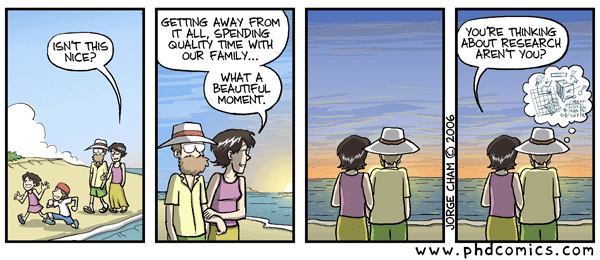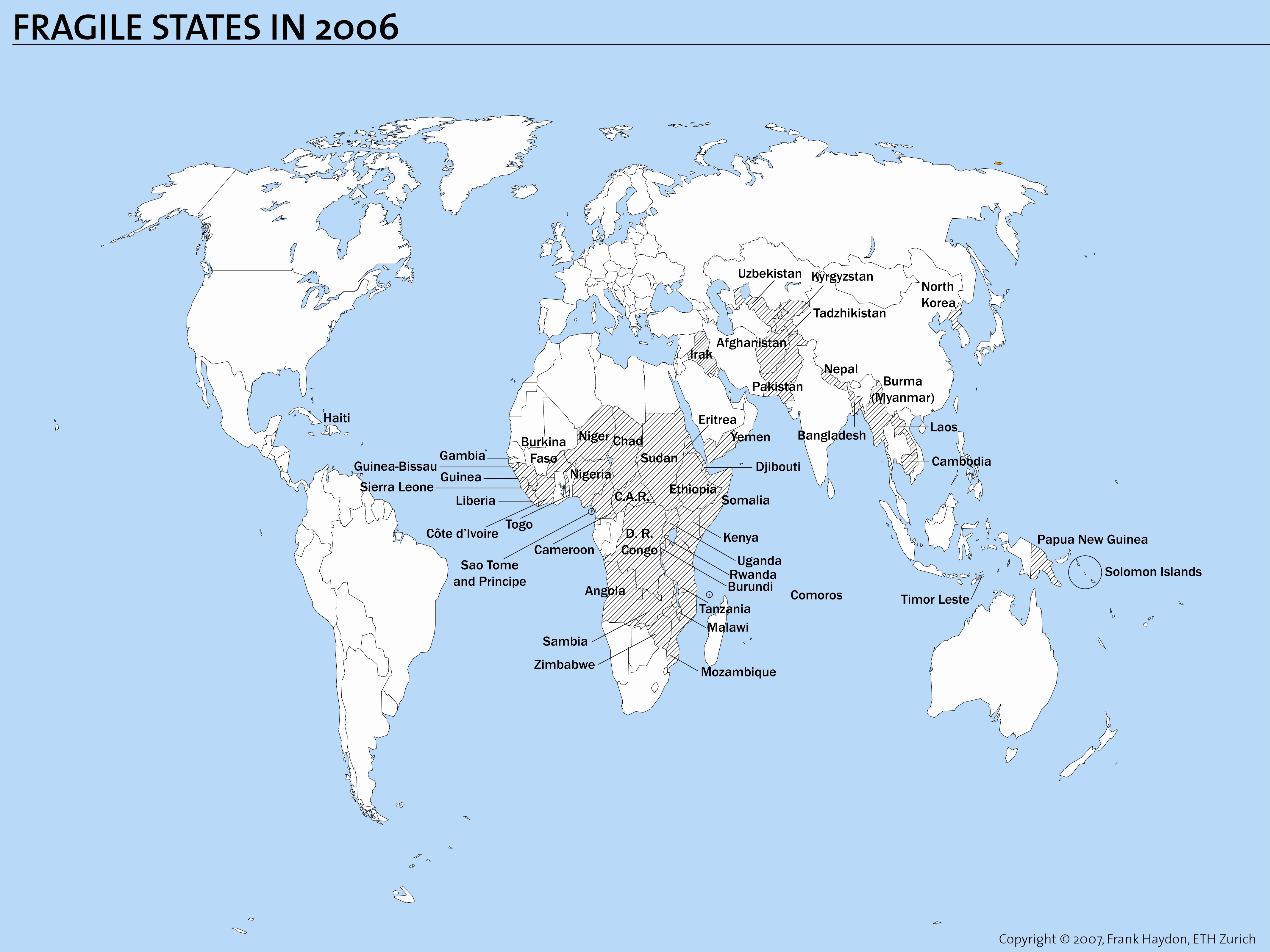This is a gross oversimplification, but my time working for USAID led to the belief that that agency had two different sets of objectives for foreign assistance. For some countries for which the United States seeks political leverage, the program focuses on financial assistance at high levels according to the interests of the governments in power. For other countries, the humanitarian objectives dominate, the program is more modest and directed at poverty alleviation.
Similarly, my time with the World Bank led me to believe that its loan programs were directed by the borrowing countries to areas that would generate income needed to repay the loans. The resources provided on subsidized bases to the poorer nations were more focused on poverty alleviation.
From the point of view of science, technology and engineering for development (STE4D), it matters quite a bit whether the focus in increasing GDP or poverty alleviation. I do believe that in countries with strong pro-poor policies, increasing GDP per capita is a good way to reduce poverty, and in those countries STE4D can combine direct interventions aimed at poverty alleviation within the propoor policy and measures to improve GDP more generally.
In general, I think, the STE4D efforts to improve GDP will be oriented toward the more productive industries, including extractive industries, often toward exporting industries, and often in urban areas. While they will recognize the needs for more labor intensive approaches than would be used in developed nations, they will often focus on relatively capital intensive enterprises. The politics in the United States of using U.S. taxes to subsidize the transfer of technology to developing nations to support the development of export industries is not very attractive. Investments in science and technology to support human resource development for these industries is more acceptable, and so one does see STE education, educational technology, biomedical research and medical technology included in even the assistance to poor nations.
While I can and have helped develop both kinds of programs, I am much more interested in STE4D applied specifically to poverty alleviation. Generally such programs focus on:
- agriculture, both to alleviate hunger and to improve the incomes of the agricultural workforce including subsistance farmers;
- health, to alleviate the illness that is one of the worse burdens of poverty;
- environment, since the poor are so vulnerable to the worsening of their poverty due to the degradation of their environment;
- what is termed "Appropriate Technology" being that which is used in the productive activities of the poor, such as technologies for residential housing, cooking, clothing, etc.
There should be, but seems seldom to be, an emphasis on engineering science and technology. A significant impediment for poor people seeking to raise themselves out of poverty is the inadequacy of the infrastructure that serves them. They don't have good roads, and so pay more for the goods they buy and get less for the goods they sell. They don't have access to electricity nor telephone services, nor even broadcast media. Their potable water and sanitation infrastructure is weak, so they spend a lot of time carrying water and get sick more than they should. Their fields are not irrigated, their agricultural water supply uncertain, and thus their agricultural productivity limited.
Indeed, there is also a need for engineering technologies such as development of artisanal foundries, lime kilns, and brick kilns, small scale mining and forestry, etc. I would even suggest that the introduction of information and communications technology for microfinance enterprises is a significant element within an STE4D poverty alleviation strategy.
It is (now) widely recognized that there are areas of tropical agriculture, infectious diseases, tropical fisheries and tropical forestry in which research and development needs to be subsidized internationally in order to meet the needs of poor people in developing nations. The R&D done in rich countries does not adequately meet these needs, and commercial firms don't find sufficient market incentives to develop technologies for people living on less than one or two dollars a day.
It is perhaps less recognized that the needs for technologies specific to poor countries is very broad. For example, these countries need to develop road construction materials that use their own mineral resources and do not have excessive maintenance requirements. Mobile phone technologies may be quite different for the dense populations of frequent phone users in developed nations versus the sparse rural populations of low-frequency phone users of poor countries. A low price computer with software in local languages linked to local legal requirements might be quite different than one designed for sale in the United States or Western Europe. Scrap metal used by foundries differs from country to country, and foundry technology should be optimized for the characteristics of the country. The criteria for an appropriate medical technology -- affordability, need for professional administration, patient requirements to comply with treatment regimens, genetic makeup of the population, likely co-existing diseases, etc. -- make the choice of medical technology country dependent.
As a result of the need to adapt technology to local needs, there must be a considerable STE capacity in country devoted to STE4D for poverty alleviation. The local people would select internationally available technologies, adapt them to local circumstances
and develop new technologies for local use.
Unfortunately, support for agricultural research and development oriented toward poverty alleviation and development of Appropriate Technologies has withered, and is likely to suffer still more in the coming economic hard times. There are still a few billion very poor people in the world who will suffer more than necessary in the future for lack of adequate investments in STE4D for poverty alleviation.



































